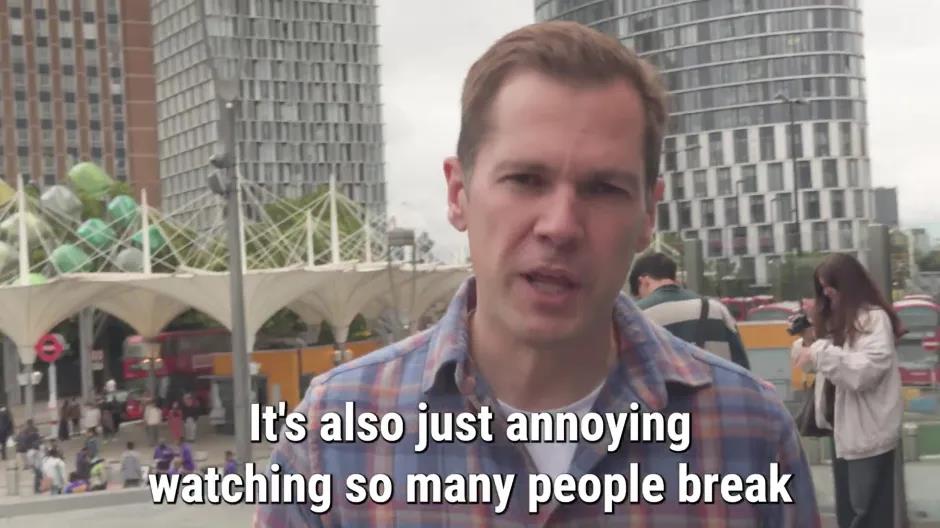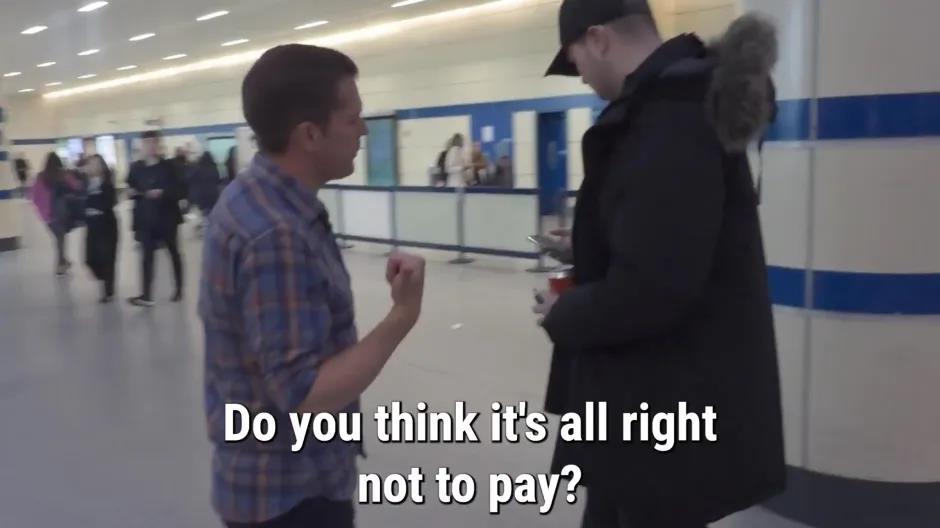
In a moment that has sparked debate and divided opinions, Robert Jenrick, the Shadow Justice Secretary, recently took it upon himself to confront fare-dodgers at an East London Tube station. His actions, captured on video and widely circulated online, have ignited discussions on the role of public officials in maintaining order and the blurred lines between individual intervention and institutional responsibility.
Analyzing Public Intervention: Ethical Implications and Civic Duty
Mr. Jenrick's decision to personally confront fare-dodgers raises questions about the limits of individual intervention in matters of public order. While his actions may be seen as proactive, some critics argue that such interventions could set a troubling precedent, potentially undermining the role of established authorities. Are public officials justified in taking matters into their own hands, or does this risk eroding trust in formal systems of governance?
Accountability and Systemic Failures: Examining the Role of Transport Authorities
The incident at Stratford station also sheds light on the perceived failures of station staff to address fare evasion effectively. Mr. Jenrick's frustration with the lack of intervention from transport personnel points to broader issues of accountability within public services. How can transport authorities ensure that staff are equipped and empowered to uphold regulations, and what responsibility do they bear in preventing fare evasion?
The Politics of Publicity: Personal Initiatives and Political Ambitions
Mr. Jenrick's direct approach to tackling fare-dodging not only sparked immediate reactions but also fueled speculation about his political motivations. As a prominent figure within the Conservative Party, his actions have been scrutinized in the context of internal party dynamics and potential leadership aspirations. How do personal initiatives, such as Mr. Jenrick's intervention, shape public perceptions of political figures and their suitability for leadership roles?

Legal Boundaries and Public Engagement: Balancing Enforcement with Due Process
The controversy surrounding Mr. Jenrick's intervention also raises important legal considerations, including issues of consent and permission when filming in public spaces. As discussions unfold around the boundaries of public engagement and enforcement, it becomes crucial to examine the intersection of individual rights, public safety, and the ethical implications of taking justice into one's own hands. How can public figures navigate these complexities while upholding legal and ethical standards?
In a complex landscape where public order, individual responsibility, and institutional integrity converge, the case of Robert Jenrick serves as a focal point for broader conversations about justice, governance, and public behaviour. As the incident continues to resonate across social and political spheres, it prompts us to reflect on the nuances of intervention, the dynamics of power in public spaces, and the delicate balance between personal initiative and collective responsibility.
Did you miss our previous article...
https://trendinginthenews.com/uk-politics/elon-musks-black-eye-unveiling-the-truth-amid-white-house-farewell






